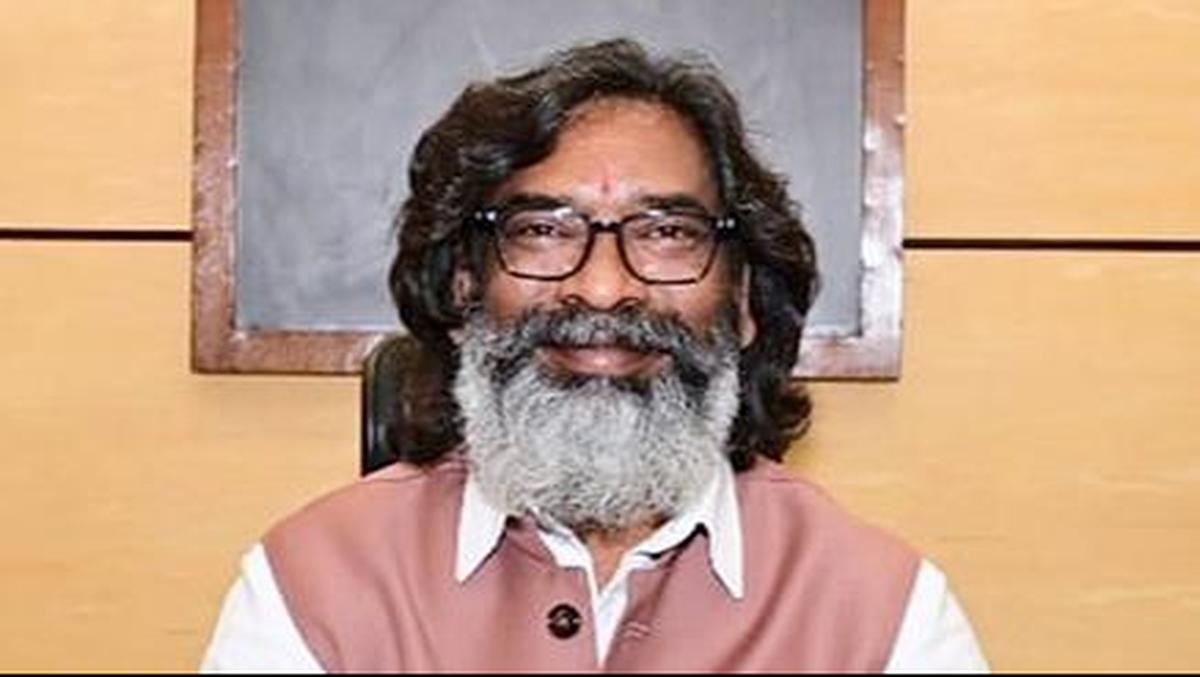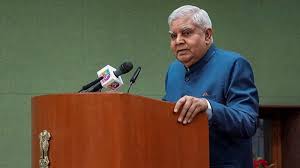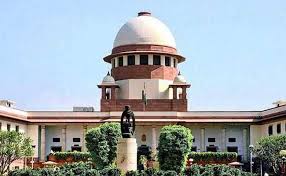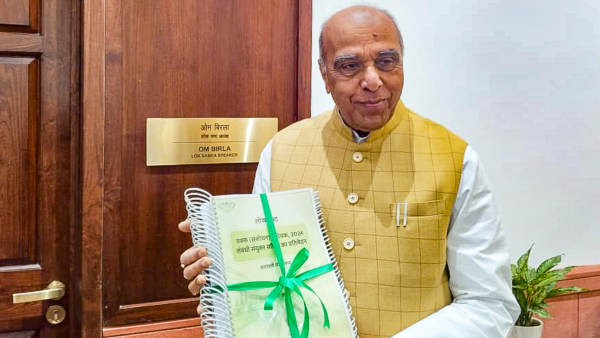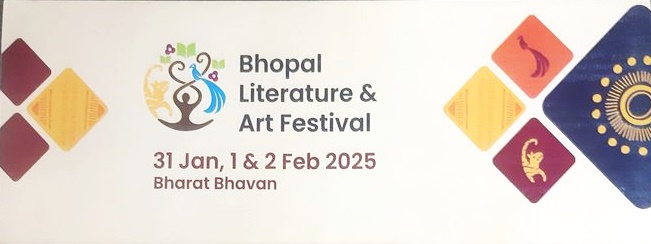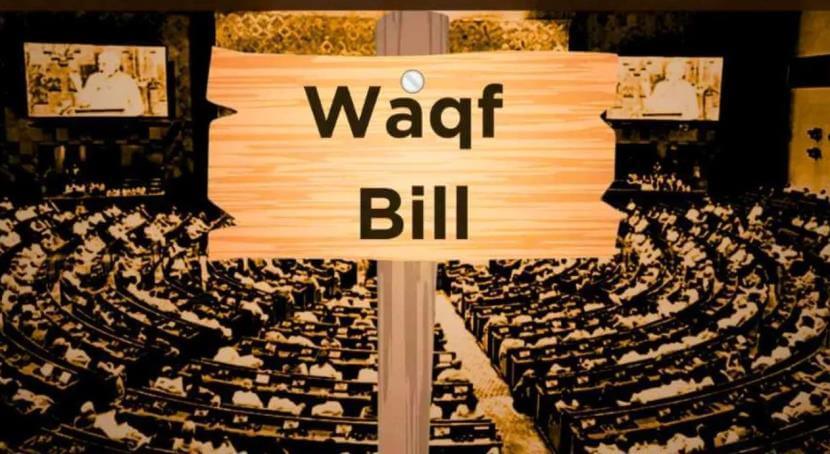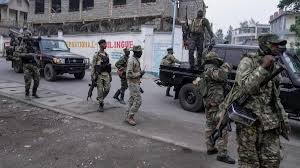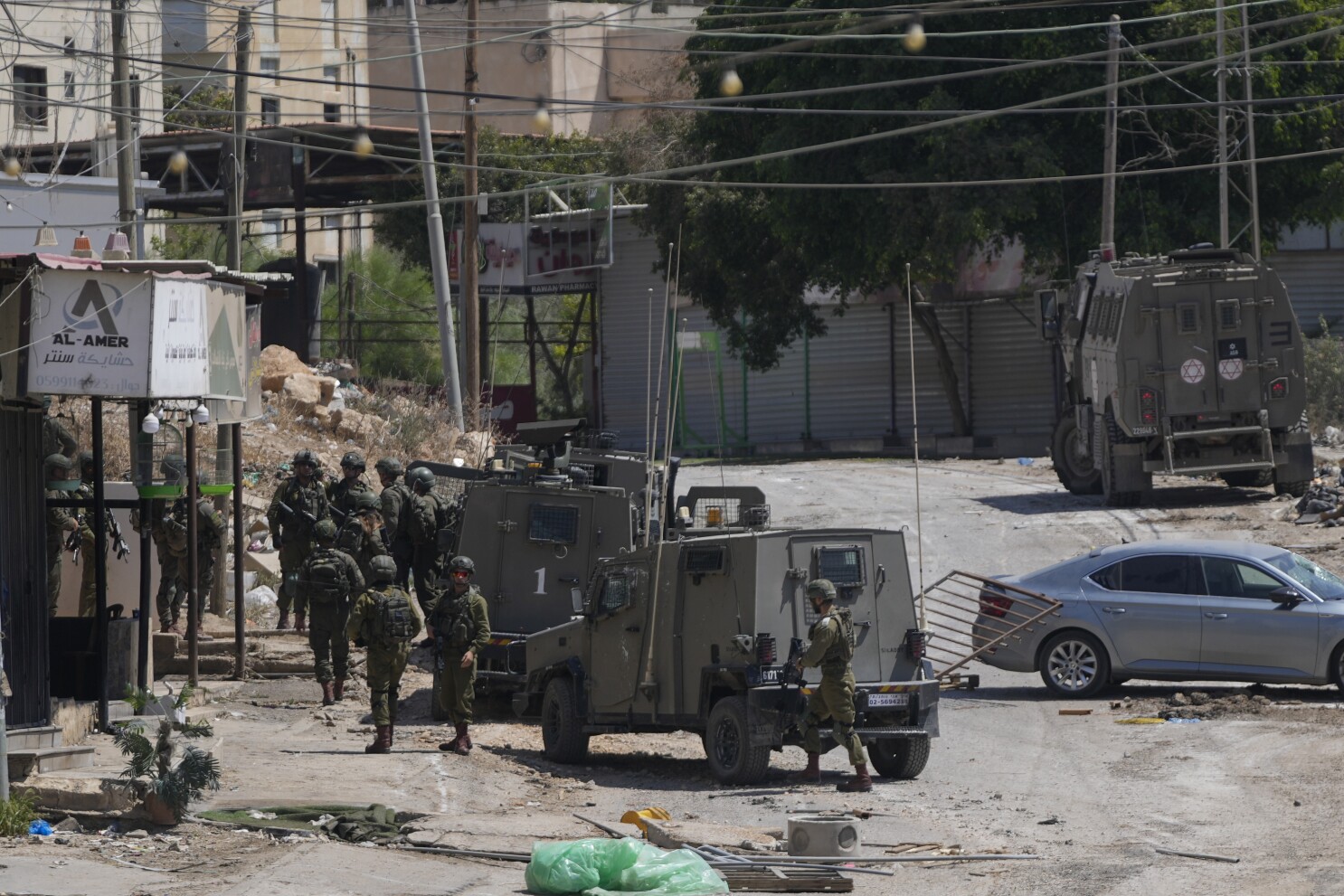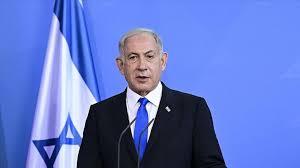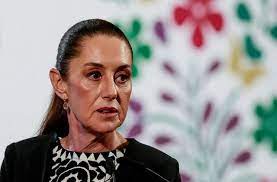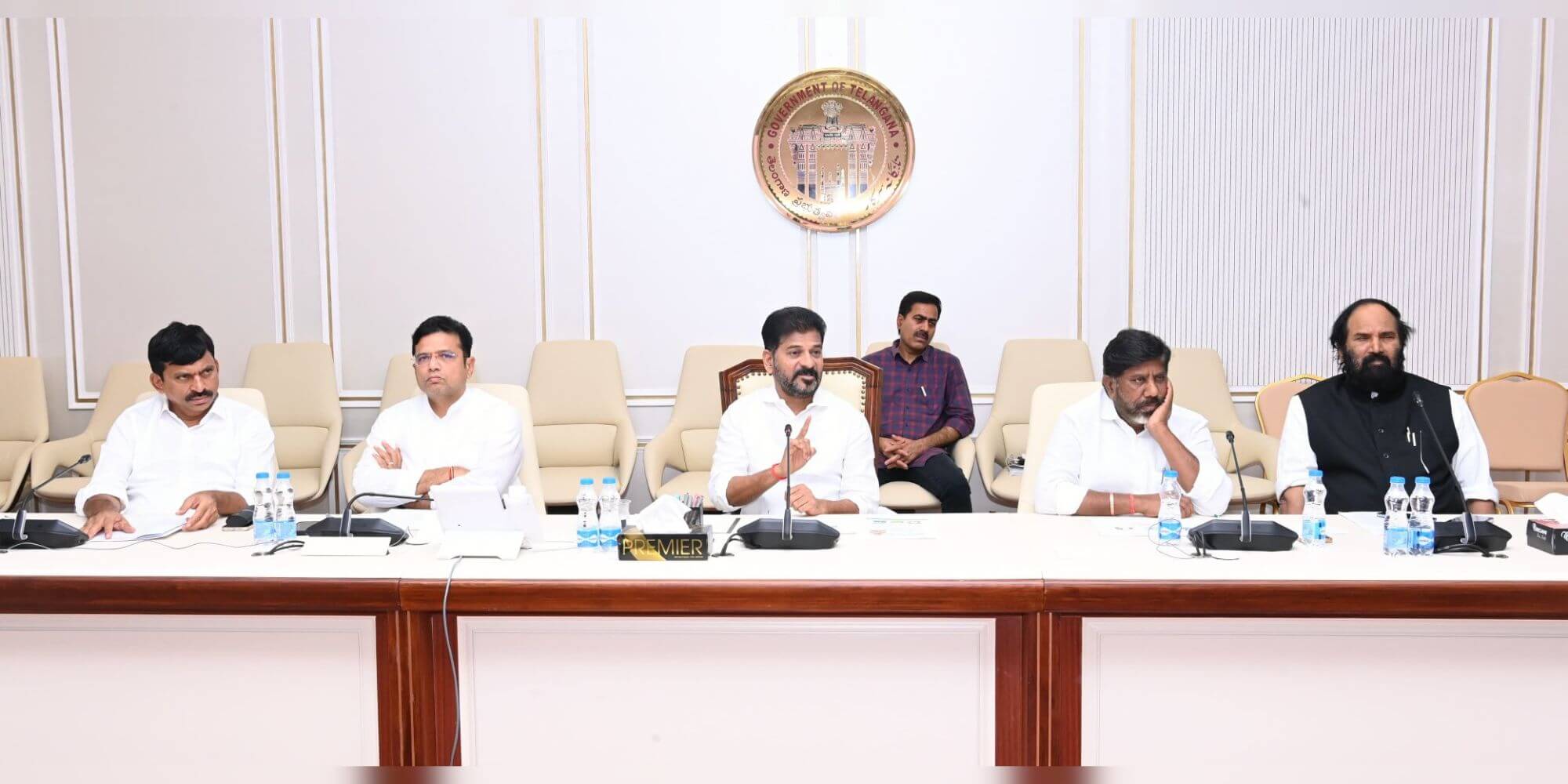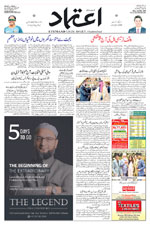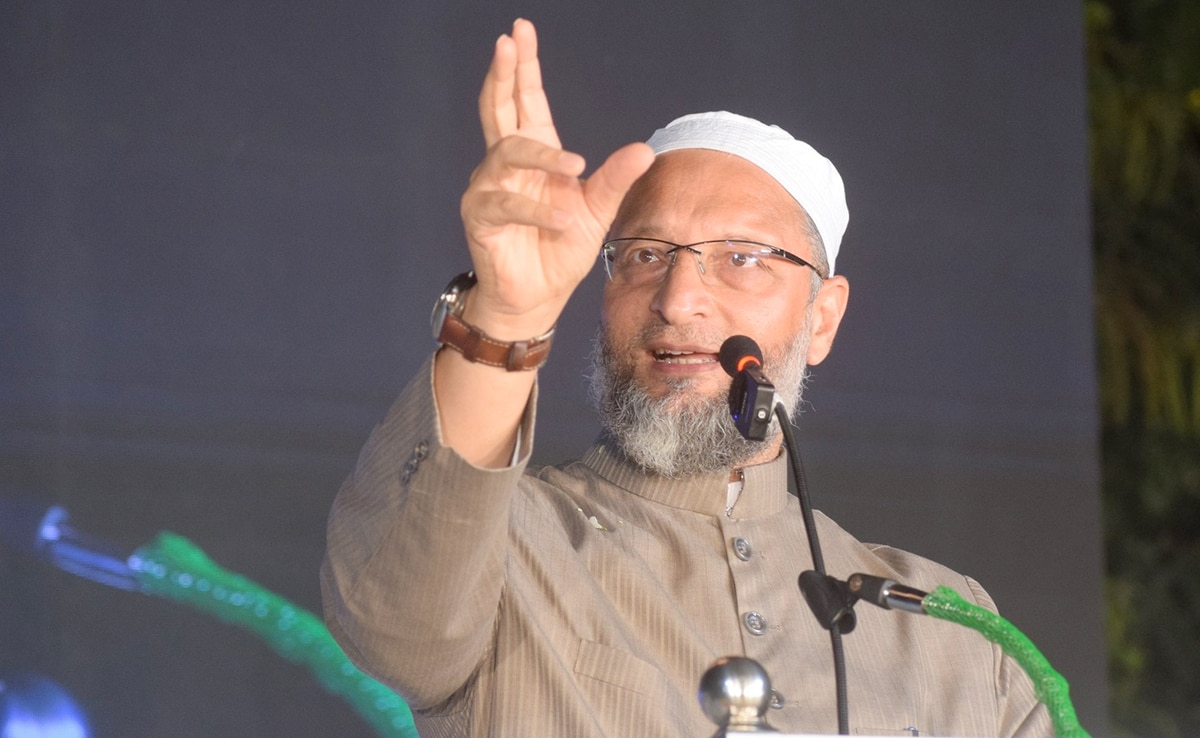UAPA Tribunal confirms Govt's 5-year ban on Zakir Naik's IRF
Fri 01 Apr 2022, 12:45:20
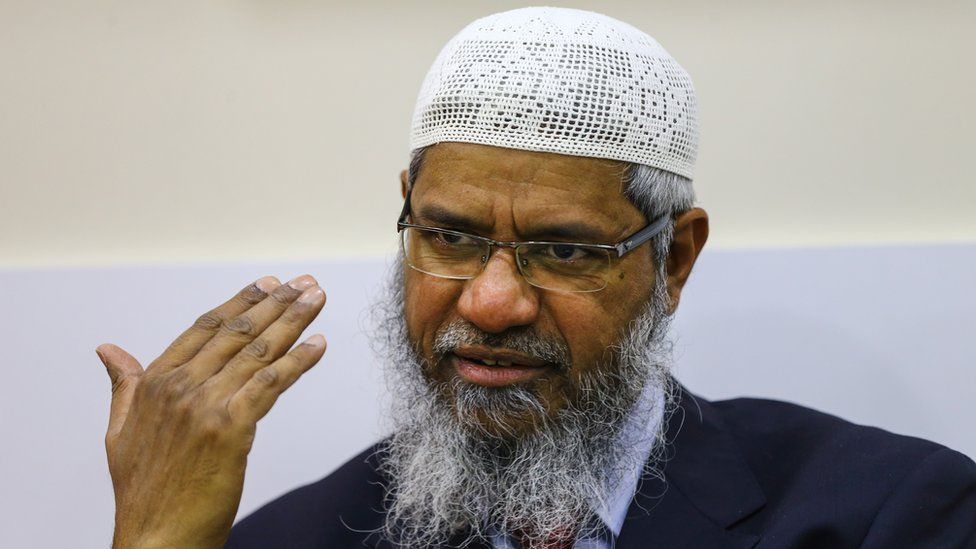
New Delhi: A tribunal under the Unlawful Activities (Prevention) Act (UAPA) has confirmed the Centre's decision declaring Islamic Research Foundation (IRF) as unlawful and imposing a five-year ban on the organisation set up by fugitive Zakir Naik who is accused of inspiring Muslim youths in India and abroad to commit terror acts.
The one-member tribunal, which was constituted by the Government last year to consider whether there was sufficient cause for declaring IRF as an unlawful association, said in its order dated March 9 that there was "sufficient cause" behind the imposition of the ban on the association.
The then Delhi High Court Chief Justice D N Patel, who was the presiding officer of the tribunal, stated that he was "in full agreement" with the submissions made by Solicitor General Tushar Mehta, who appeared for the Centre, and there was material to show that IRF was indulging in unlawful activities.
The tribunal observed that IRF involved in activities which not only incites and encourages the youth to undertake the unlawful activities with an intent to threaten the sovereignty, unity, integrity and security of India but also causes disaffection against the country and there is every reason to conclude that the organisation be declared as an unlawful association.
The IRF was first banned under the Unlawful Activities (Prevention) Act, 1967 (37 of 1967) by the central government on November 17, 2016. The ban was extended for five years on November 15, 2021.
In a notification, the Union home ministry said the central government had constituted a tribunal consisting of Justice D N Patel, Chief Justice of the High Court of Delhi, on December 13, 2021 for adjudicating whether or not there was sufficient cause for declaring
the IRF as an unlawful association.
the IRF as an unlawful association.
"Whereas, the said tribunal in exercise of the powers conferred by sub-section (3) of section 4 of the said Act (UAPA), passed an order on the March 9, 2022, confirming the declaration made in the said notification," it said.
It further said that a perusal of the evidence showed that the “actions and conduct of Dr Zakir Naik, who is admittedly heart and soul of IRF, are prejudicial to the national interest of India”.
"This tribunal is of the view that there are sufficient reasons and causes for declaring the Islamic Research Foundation as an unlawful association and consequently, this tribunal confirms the Notification dated 15.11.2021, issued by the government of India for the imposition of ban on IRF for a period of five years with effect from the date of the aforesaid notification, i.E. 15.11.2021," said the order which was published by the home ministry on March 30.
The tribunal rejected IRF's submission that after the imposition of a ban in 2016, it did not undertake any activity that is prejudicial to the national interest of the country and stated that "it appears that IRF and its office bearers have continued to indulge in unlawful activities which are detrimental to the national interest".
"Upon perusal of relevant evidence submitted by central government, it is apparent that not only Dr. Zakir Naik continues to be active on social media but he also continues to propagate his activities in various Gulf countries. It can be safely stated from the perusal of the evidence, that actions and conduct of Dr. Zakir Naik, who is admittedly heart and soul of IRF, are prejudicial to the national interest of India," the order said.
No Comments For This Post, Be first to write a Comment.
Most viewed from National
Most viewed from World
AIMIM News
Delhi Assembly polls: Owaisi leads Padyatra in Okhla
Feb 01, 2025
We reject this Waqf Amendment Bill: Asaduddin Owaisi
Jan 30, 2025
Latest Urdu News
Most Viewed
May 26, 2020
Which political party will win the Delhi Assembly polls to be held on Feb 5?
Latest Videos View All
Like Us
Home
About Us
Advertise With Us
All Polls
Epaper Archives
Privacy Policy
Contact Us
Download Etemaad App
© 2025 Etemaad Daily News, All Rights Reserved.

